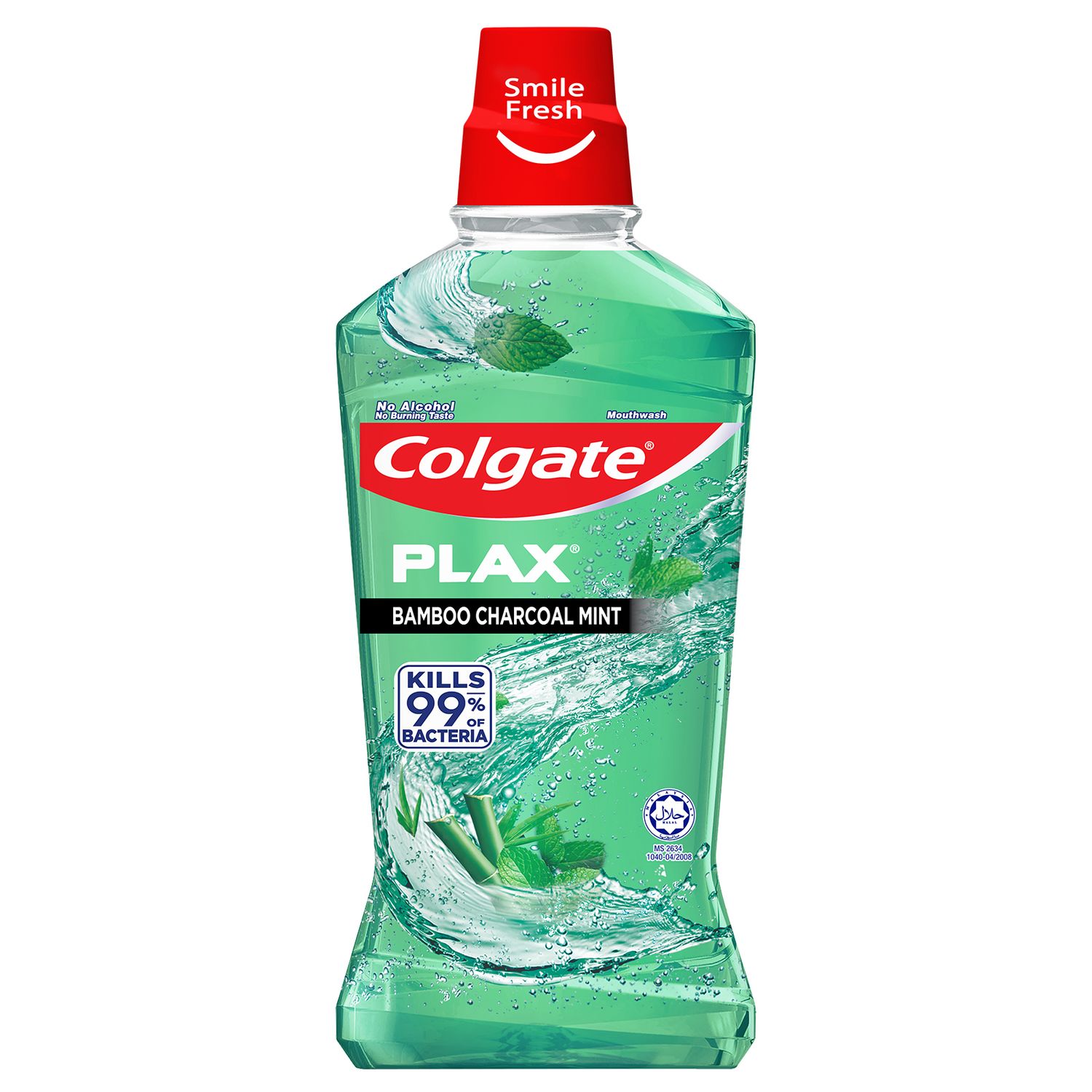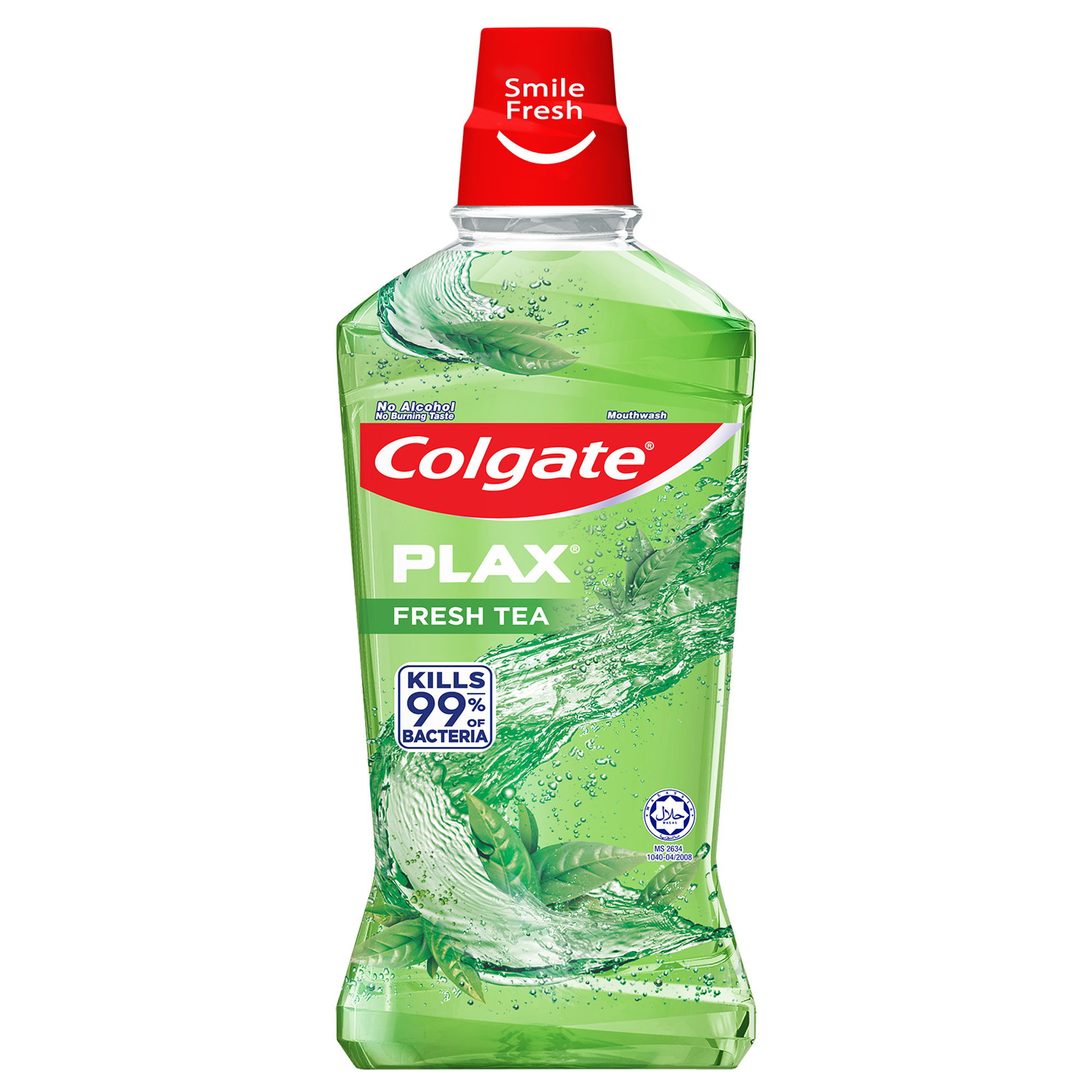-
-

FLUORIDE
Discover how stannous fluoride toothpaste prevents cavities and other oral health issues. Learn the key benefits of fluoride for teeth and its best uses.Fluoride plays a vital role in oral healthcare...

TEETH WHITENING
Teeth Whitening Serum for a Brighter, Confident SmileWho does not want whiter and brighter teeth? Thanks to the many teeth-whitening products available today...
-
Science & Innovation
- ORAL HEALTH ASSESSMENT
- Colgate® | Toothpaste, Toothbrushes & Oral Care Resources
- Oral Health
- Sinus Infection, Bad Breath And How They Relate


You already don't feel your best, and then you notice (or someone mentions) that you have bad breath. Did you know that bad breath can be a tell-tale sign of a sinus infection? It’s true. That’s what happens when you have sinus drainage in the back of your throat. It’s not pleasant, but it is treatable, and when the infection is gone, so is the bad breath associated with it. Here’s what you should know and can do.
What Are Sinus Infections?
Sinus infections occur when there's a fluid build-up in your sinuses. Germs grow.
Colds, allergies, smoking or exposure to second-hand smoke, a weak immune system and structural problems in the sinuses can all cause sinus infections.
Symptoms include: a runny and/or stuffy nose, facial pain or pressure, headache, postnasal drip, sore throat, cough and bad breath. Acute sinusitis lasts less than four weeks, whereas chronic sinusitis may last for longer than three months.
How Do Sinus Infections Make Bad Breath?
The mucus in infected sinuses smells bad. Infected mucus drips out of the sinuses and down the back of the throat, where it meets the air you exhale, and the odour from the infection transfers to your breath.
How Do You Treat A Sinus Infection?
Many acute sinus infections clear up on their own. Symptoms can be soothed with over-the-counter (OTC) treatments such as antihistamine tablets, nose sprays, paracetamol and throat lozenges. Avoid using nasal decongestants for longer than three to five days. Drink plenty of (hot) liquids, use a humidifier and spray nasal saline as needed.
According to this DoctorxDentist article on sinus, you should visit a doctor if you have cold/flu-like symptoms that have not resolved themselves within 7-10 days or is getting worse on the third to fifth day of your illness. They may prescribe antibiotics. Talk to your doctor if you get sinus infections often. Additional tests may be done to find out why.
How Do You Get Rid Of Bad Breath Due To A Sinus Infection?
You can help improve the smell of your breath by brushing twice a day with a fluoride toothpaste.
If you feel under the weather and are experiencing upper respiratory symptoms and having issues with bad breath, check with your physician to see if a sinus infection is the cause.
Related Articles



Some people, however, suffer with bad breath from dry mouth problems, which have little to do with poor hygiene. The good news is, you can take steps to identify and treat the problem, as well as prevent it from recurring.
Related Products

Helping dental professionals
More professionals across the world trust Colgate. Find resources, products, and information to give your patients a healthier future








